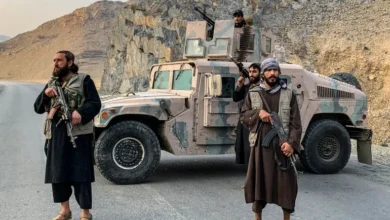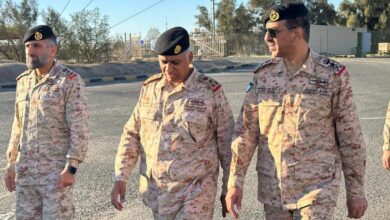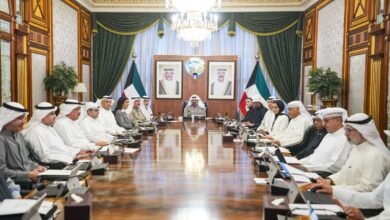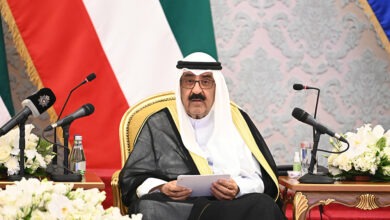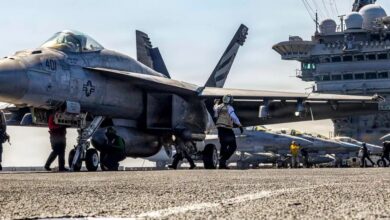Trump’s ceasefire and European dilemma, shaping Gaza beyond the sidelines; can aid alone shape the future
Europe faces a strategic dilemma: remain a leading donor providing critical aid while staying on the sidelines of political negotiations, or navigate complex diplomatic and domestic challenges to secure a seat at the decision-making table. The coming months will test whether European nations can transform their financial and humanitarian clout into a meaningful voice in shaping Gaza’s long-term future.
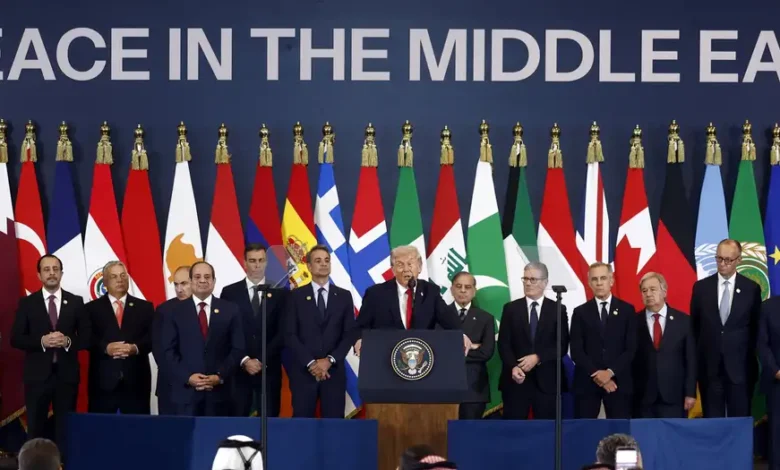
Europe finds itself on the sidelines as the United States takes the lead in shaping Gaza’s post-conflict future. Following the Israel–Gaza ceasefire, US President Donald Trump declared peace during a high-profile summit in Sharm el-Sheikh, Egypt. While European leaders were present, they played only a minimal role in the negotiations, underscoring a growing gap between US-led initiatives and European ambitions in the region.
The summit, which culminated in Trump’s 20-point peace plan, involved mostly Arab and Muslim countries. Europe, despite being a key international stakeholder and aid provider, was largely excluded from the decision-making framework known as the Board of Peace, where only former British Prime Minister Tony Blair has been named from outside the Arab world. This has left European governments grappling with their potential influence in Gaza beyond humanitarian assistance, reports dw.com
The European Union (EU) has voiced its commitment to funding Gaza’s reconstruction, which initial estimates suggest will cost more than $50 billion.

EU Commission President Ursula von der Leyen tweeted that the bloc will act as “an active force within the Palestinian Donors Group” and provide substantial funding for rebuilding efforts, highlighting Europe’s traditional role as the largest donor to the Palestinian Authority (PA).
European Council President Antonio Costa, representing the EU at the summit, stressed that the bloc is prepared to go beyond aid. He indicated Europe’s readiness to support the temporary governance of Gaza envisioned in Trump’s plan, which includes a technocratic, apolitical Palestinian committee.
The EU also signaled willingness to contribute to security initiatives, aligning with proposals for an International Stabilization Force (ISF) coordinated with the US, Arab nations, and other international partners.
French President Emmanuel Macron has expressed openness to deploying French personnel as part of the ISF, tasked with training and equipping Palestinian security forces.
Yet many European nations remain cautious, weighing factors such as domestic political stability, logistical considerations, and the roles of Arab and Muslim partners before committing troops. The exact mandate of the force—especially regarding Hamas disarmament—remains a critical point of negotiation.
Hugh Lovatt, senior policy fellow at the European Council on Foreign Relations, noted that European contributions are likely limited to monitoring and support functions rather than direct enforcement actions.
Troop deployment could resemble previous EU operations, such as monitoring the Israel-Lebanon border, avoiding direct confrontation with Hamas while maintaining a stabilizing presence.
Despite ambitions, Europeans face challenges in securing representation on Trump’s Board of Peace. Germany, France, and the UK — the European Three (E3)—have reportedly sought positions, but invitations have not yet been extended. Israel’s objections, particularly toward France and the UK due to their prior recognition of Palestinian statehood, add a diplomatic hurdle. Italy, perceived as more aligned with Israel, may have a better chance of inclusion.
Any European involvement will likely require careful navigation of US and Israeli expectations. Analysts suggest that EU representatives might need to downplay the threat of sanctions against Israel, a measure previously considered to pressure the country to facilitate aid delivery and halt military operations in Gaza. Balancing this with Europe’s advocacy for a two-state solution remains a delicate challenge.
Avi Nir-Feldklein, Israel’s envoy to the EU, has indicated that relations with Europe could reset following the ceasefire. However, EU voices like Lovatt caution that the bloc’s leverage is constrained under the current US-led framework, as any action outside the Trump plan could undermine coordination with Washington, especially given Europe’s interest in US support on other global issues, including the Ukraine conflict.
The divergence between US and European approaches remains pronounced. While Trump’s plan prioritizes immediate stabilization, temporary governance, and technocratic management, Europe continues to advocate for a broader resolution based on Palestinian statehood and long-term political solutions. The current ceasefire, though a critical first step, leaves Europe questioning how it can exert influence beyond funding and humanitarian support.
Ultimately, Europe faces a strategic dilemma: remain a leading donor providing critical aid while staying on the sidelines of political negotiations, or navigate complex diplomatic and domestic challenges to secure a seat at the decision-making table. The coming months will test whether European nations can transform their financial and humanitarian clout into a meaningful voice in shaping Gaza’s long-term future.
Follow The Times Kuwait on
X, Instagram and Facebook for the latest news updates








